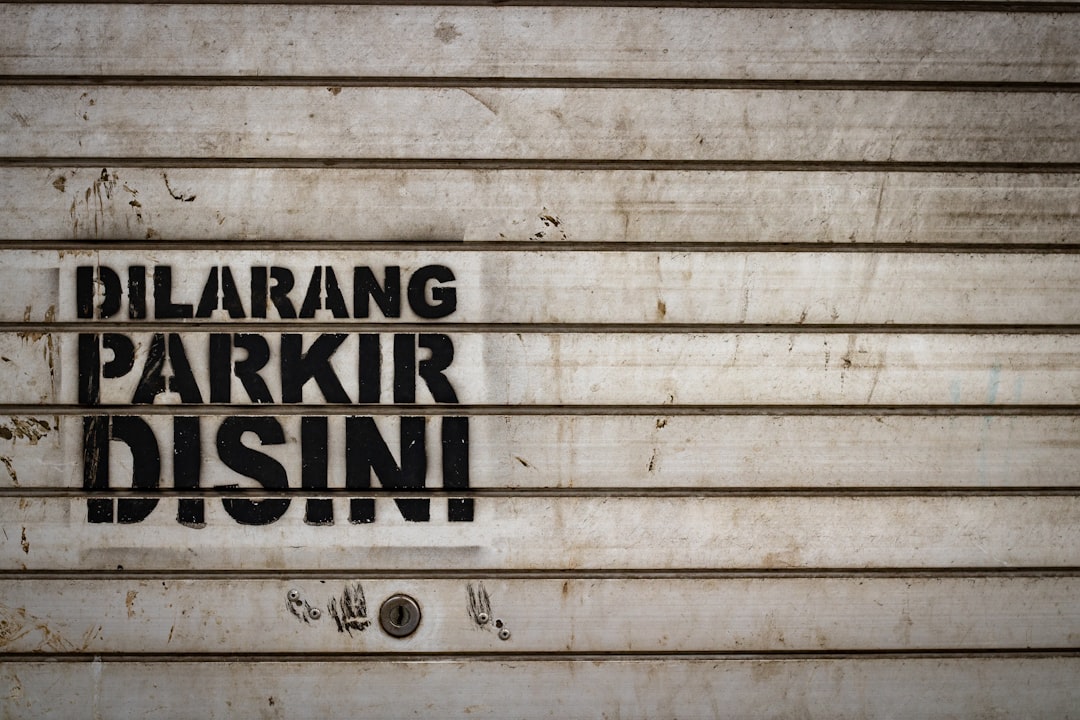Hospital assaults are a significant concern, with around 150,000 hospital-acquired injuries reported yearly in the U.S., per CDC data. In New Jersey, patients can seek legal recourse with help from a hospital attorney, who guides them through medical malpractice laws and regulations to secure compensation. The state has clear statutes of limitations and filing requirements for such lawsuits, emphasizing prompt action. Specialized legal professionals offer expert advice on building strong cases, gathering evidence, and understanding outcomes, ensuring justice for harmed patients. A hospital attorney in New Jersey navigates complex documentation, identifies key information, and strengthens legal arguments through strategic use of medical records, security footage, witness statements, and electronic communications to determine potential negligence.
“In the intricate landscape of medical law, understanding hospital assaults and their legal implications is paramount. This article delves into the critical aspect of legal document analysis within the context of New Jersey’s healthcare settings. With a focus on patient safety and accountability, we explore how a skilled hospital attorney can navigate complex documents to ensure justice. From identifying key elements in assault cases to comprehending the unique challenges in New Jersey, this guide equips readers with insights into effective legal strategy involving hospital attorneys.”
Understanding Hospital Assaults and Legal Implications in New Jersey

Hospital assaults, also known as medical malpractice or negligence, are a serious concern in New Jersey and across the country. These incidents can range from physical harm to patients by healthcare staff to diagnostic errors that lead to severe consequences. With an estimated 150,000 hospital-acquired injuries annually in the U.S., according to the Centers for Disease Control and Prevention (CDC), it’s crucial to understand the legal implications surrounding these cases.
In New Jersey, patients who have suffered harm due to medical negligence have legal rights. A hospital attorney in New Jersey can help victims navigate complex laws and regulations to seek compensation for their injuries. The state has specific statutes of limitations and requirements for filing medical malpractice lawsuits, making it essential to act promptly after an assault occurs. Legal experts in this field can provide guidance on building a strong case, gathering evidence, and understanding the potential outcomes, ensuring patients receive the justice they deserve.
The Role of a Hospital Attorney in Document Analysis

In the complex landscape of healthcare litigation, a hospital attorney in New Jersey plays a pivotal role in legal document analysis. These legal experts are well-versed in navigating the intricate web of medical records, insurance documents, and regulatory compliance papers that often accompany hospital assaults cases. Their expertise is crucial for identifying key information, spotting discrepancies, and piecing together the events leading up to an assault. A hospital attorney ensures that all relevant documentation is thoroughly examined, accurately interpreted, and strategically used to build a robust legal case.
By leveraging their deep knowledge of medical terminology and legal procedures, a hospital attorney in New Jersey can uncover critical facts that may otherwise remain hidden within dense medical reports. They possess the skills to analyze not only the content but also the context of documents, recognizing patterns, potential negligence, or breaches of protocol. This meticulous analysis is essential for strengthening legal arguments and ultimately achieving justice for patients who have suffered assaults while under hospital care.
Key Elements in Legal Document Analysis for Hospital Assault Cases

In legal document analysis for hospital assault cases, several key elements require meticulous attention. A hospital attorney in New Jersey must thoroughly review medical records to identify critical information such as patient history, treatment plans, and any deviations from standard protocols that may have led to an assault. These records can provide crucial insights into the sequence of events and potential negligence on the part of healthcare providers.
Additionally, legal professionals should closely examine security footage, witness statements, and any available electronic communications. Such evidence can corroborate or contradict accounts presented by patients and staff, offering a more comprehensive understanding of the assault. A well-conducted analysis of these elements is essential for building a strong case, ensuring just outcomes, and holding accountable those responsible for hospital assaults.





